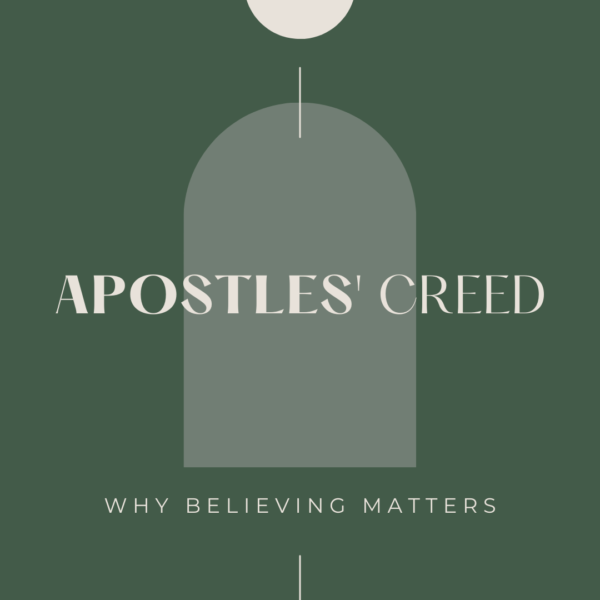Conceived by the Holy Spirit, Born of the Virgin Mary | Les Newsom
Scripture Reference: Philippians 2:1-11
Why does the class theological formulation that Jesus was “fully God, fully man” matter? We tend to do ok with Jesus divinity, but his humanity feels irreverent and perhaps even disrespectful. But properly understand, Jesus’ humanity connects our salvation with the reality of the world around us!
Sermon Points:
- The Theology
- The Implication
- The Application

